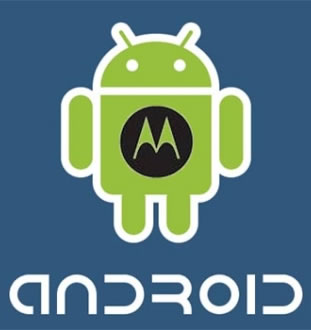The EU and US approved Google's $12.5 billion acquisition of Motorola Mobility today. European regulators were first to greenlight the transition, saying it doesn't present issues. The US Department of Justice mirrored that decision hours later. With those blessings, Google now needs a nod from Taiwan, Israel and China.
"We have approved the acquisition...because upon careful examination, this transaction does not itself raise competition issues," said EU Competition Commissioner Joaquin Almunia. "The division concluded that the specific transactions at issue are not likely to significantly change existing market dynamics," the DOJ concurred.
The search giant revealed its interest in purchasing Motorola Mobility last August. The merger would arm Google with no less than 17,000 patents and some 7,500 pending patent applications – a valued asset in today's litigious mobile landscape. Google, Microsoft, Apple, Samsung, HTC and others are in perpetual conflict.
Motorola's portfolio would provide Google with plenty of ammunition to hassle its rivals in Cupertino and Redmond. Almunia recognized the possibility of abuse, but concluded it's not significant enough to block the transaction. Nonetheless, he vowed to remain "vigilant" and said the EU would pursue legal action if necessary.
It's unclear if regulators in Taiwan and Israel have set deadlines for their decision, but come March 20, Chinese officials will either approve the deal or start a third review phase, according to unnamed sources cited by Reuters. Some believe Google may have a difficult time convincing China, considering previous friction.
Patent bullying aside, Google says the purchase would "help supercharge Android" while offering consumers "faster innovation" and "greater choice." BGC Partners analyst Colin Gillis believes the deal would bring inexpensive hardware as Google undercuts its competitors to boost service-related revenue like search.
